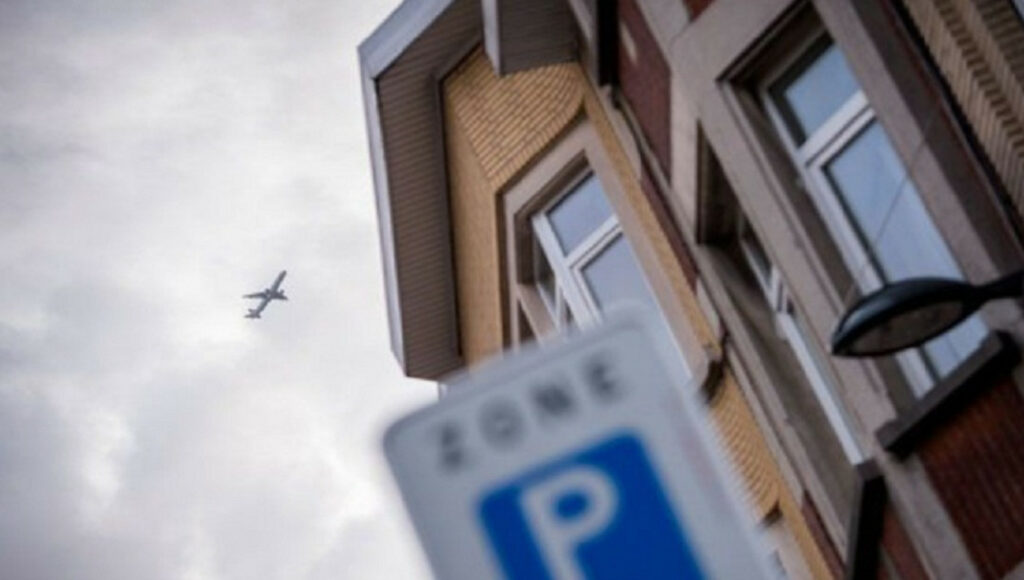In terms of noise pollution, particularly from road traffic, the Belgian capital is one of the worst offending cities in Europe. In the Brussels Region, 70% of the population is exposed to sound levels higher than the value recommended by the World Health Organisation for traffic, RTBF reports. For comparison, just 20% of the European population is affected by excess noise pollution.
Exposure to elevated noise pollution is estimated to cost each inhabitant of Brussels an average of eight months of their life. But the city's environmental authority, Brussels Environment, has become acutely aware of the problem and installed two noise radars within the city on Tuesday to measure and record noise levels.
Sources of noise in the capital are numerous and their impact on daily lives is considerable. President of the ULB School of Public Health, Catherine Bouland, told RTBF that noise levels directly impact human health. This can include “road traffic”, “rail traffic”, “planes flying over homes” and others.
An important distinction must also be made between noise and sounds. It is not a question of unpleasant sounds, but of the detrimental effects of collective noise. Bouland says that people living in cities are most vulnerable due to an “accumulation of different exposures or different sources of noise.”
In Europe, more than 100 million people are affected by noise pollution, costing European governments billions of euros each year in cardiovascular problems caused by stress from noise, as well as with other factors such as absenteeism.
“By combining all these elements we can get an idea of the cost. There is also early mortality: even if we can’t close our ears, we die of the stress from being exposed to too much noise, which can lead to a whole series of other problems,” Bouland explained.
Belgians bearing the brunt
Though putting a precise figure on the cost of noise pollution is complex, Bouland believes that in Belgium it is significant. As well as damaging ears, noise pollution increases the risk of “hypertension and heart attack” as well as “metabolic” and “immune” problems due to stress.
In children, it has been found to delay cognitive development and learning. Bouland's team concluded that noise-reducing policies could add “years or months” to the lives of Belgians.
Animals are also affected: birds, amphibians and insects are less able to communicate effectively due to excess noise, which can hamper their survival. “Animals which communicate audibly, such as birds, or which may be disturbed by noise in their movements, such as bats, will certainly be influenced. The researchers noted that there were now fewer birds nesting in the city.
Green solutions?
Concrete actions must be taken to mitigate the impact of noise pollution on Brussels and its population. While “greening” city centres is often presented as a solution to noise pollution, the ULB expert remains sceptical.
“Greening and planting vegetation, with the idea that this will absorb noise and nuisance sound, is perhaps not the best solution because it would take a forest 10 metres deep, hyperdense, to decrease noise by one decibel."
Related News
- Brussels Airport: Environmental licence clash risks grounding flights
- City Council moves to have night flights over Brussels banned
Despite this, Bouland says that green spaces can still have a calming effect, which can help to mitigate the stress caused by noise pollution in the first place. In Brussels, removing roads and replacing them with green spaces would reduce cars, and thereby noise pollution, she argues.
“Lowering speed limits or improving roads can help reduce noise. It's true that cobblestones make you want to slow down because they make a lot of noise. But there are surfaces that are less noisy."

